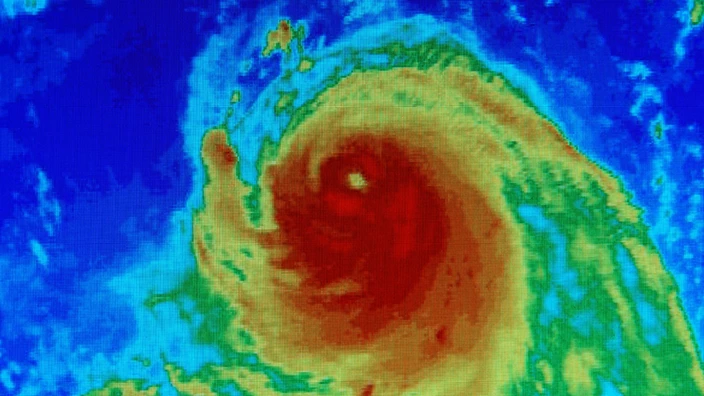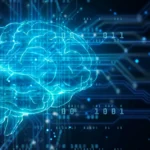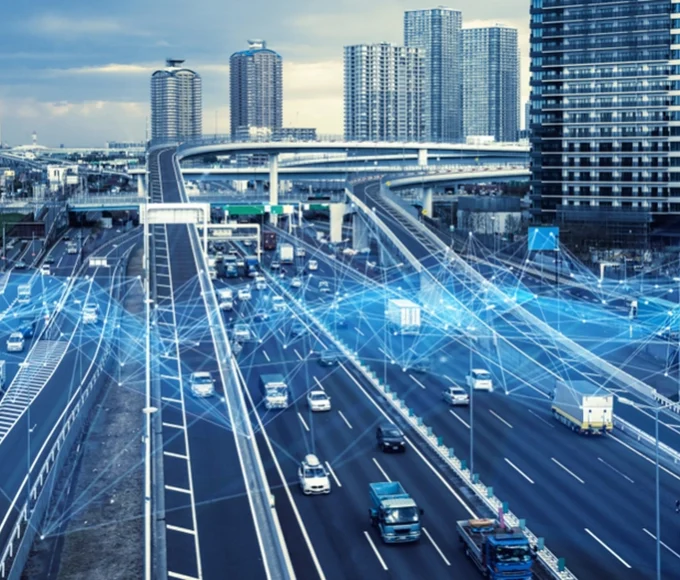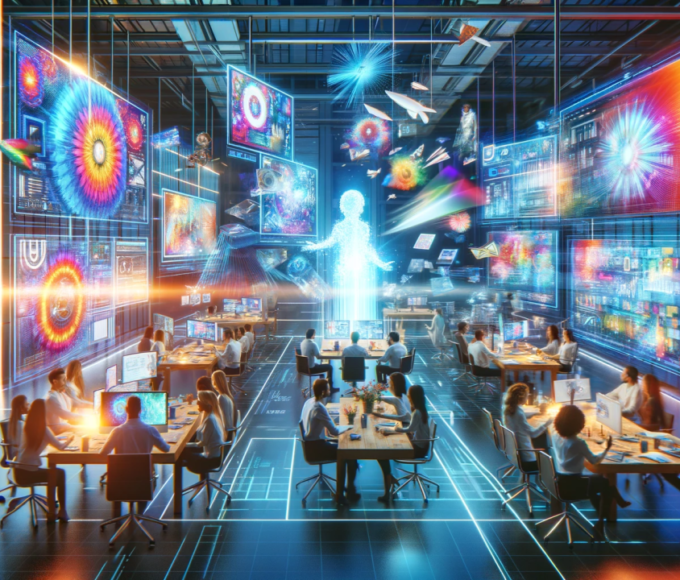India, a country prone to a variety of natural disasters, has witnessed its fair share of calamities, from earthquakes and floods to cyclones and droughts. These events can have devastating consequences, leading to loss of life, property damage, and economic setbacks. However, with the advent of artificial intelligence (AI), India has a powerful tool at its disposal to enhance disaster management efforts. AI is playing a crucial role in improving disaster preparedness and response, allowing authorities to better protect and support their communities.
The Need for AI in Disaster Management
India’s geographical diversity exposes it to a wide range of natural disasters. In recent years, the country has seen an increase in the frequency and intensity of extreme weather events, such as cyclones, floods, and heatwaves. This necessitates a more proactive and technologically advanced approach to disaster management. AI offers several advantages in this regard:
Early Warning Systems: AI can analyse large datasets, such as weather patterns and seismic activity, to predict disasters more accurately. These early warning systems can provide authorities and citizens with crucial information in advance, allowing for timely evacuation and preparation.
Data Analysis and Visualization: AI can process and analyse vast amounts of data, helping officials to gain insights into disaster patterns, vulnerabilities, and trends. This information can inform policy decisions, resource allocation, and risk assessment.
Efficient Resource Allocation: AI algorithms can optimize the allocation of resources during disaster response. This includes deploying personnel, supplies, and equipment where they are most needed, thereby increasing the effectiveness of relief efforts.
Monitoring and Surveillance: Drones equipped with AI technology can provide real-time surveillance and assessment of disaster-affected areas. This enables authorities to make informed decisions about rescue and relief operations.
AI Initiatives in India
India has recognized the potential of AI in disaster management and has initiated various programs and projects to harness this technology:
National Disaster Management Authority (NDMA): The NDMA has been working on integrating AI into its disaster management efforts. It has developed AI-based tools for flood forecasting and has initiated pilot projects in states like Kerala and Assam to improve early warning systems.
IBM’s AI for Code and Response: IBM has partnered with Indian authorities to develop AI solutions for disaster response. The project focuses on leveraging AI, machine learning, and data analytics to predict and manage disasters effectively.
Private Sector Involvement: Several tech companies and startups in India are developing AI-based solutions for disaster management. They offer tools for real-time monitoring, resource optimization, and community engagement during disasters.
Challenges and Considerations
While AI offers significant benefits in disaster management, there are challenges to be addressed:
Data Quality: AI relies on quality data for accurate predictions and decision-making. India needs to ensure that data collection and sharing mechanisms are robust and reliable.
Accessibility and Inclusivity: AI technologies must be accessible and inclusive, ensuring that vulnerable populations, such as those in remote areas or with limited resources, can benefit from these advancements.
Ethical Concerns: The use of AI in disaster management raises ethical questions regarding privacy, data security, and accountability. A comprehensive ethical framework must be developed and enforced.
Artificial intelligence is poised to revolutionize disaster management in India by enhancing preparedness, response, and recovery efforts. With a combination of government initiatives, private sector involvement, and international partnerships, India can leverage AI to mitigate the impact of natural disasters and save lives. However, it is essential to address challenges and ensure that AI solutions are both effective and ethical.
By embracing this technology, India can be better equipped to protect its citizens and build resilience in the face of future disasters.
















Leave a comment